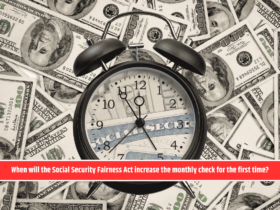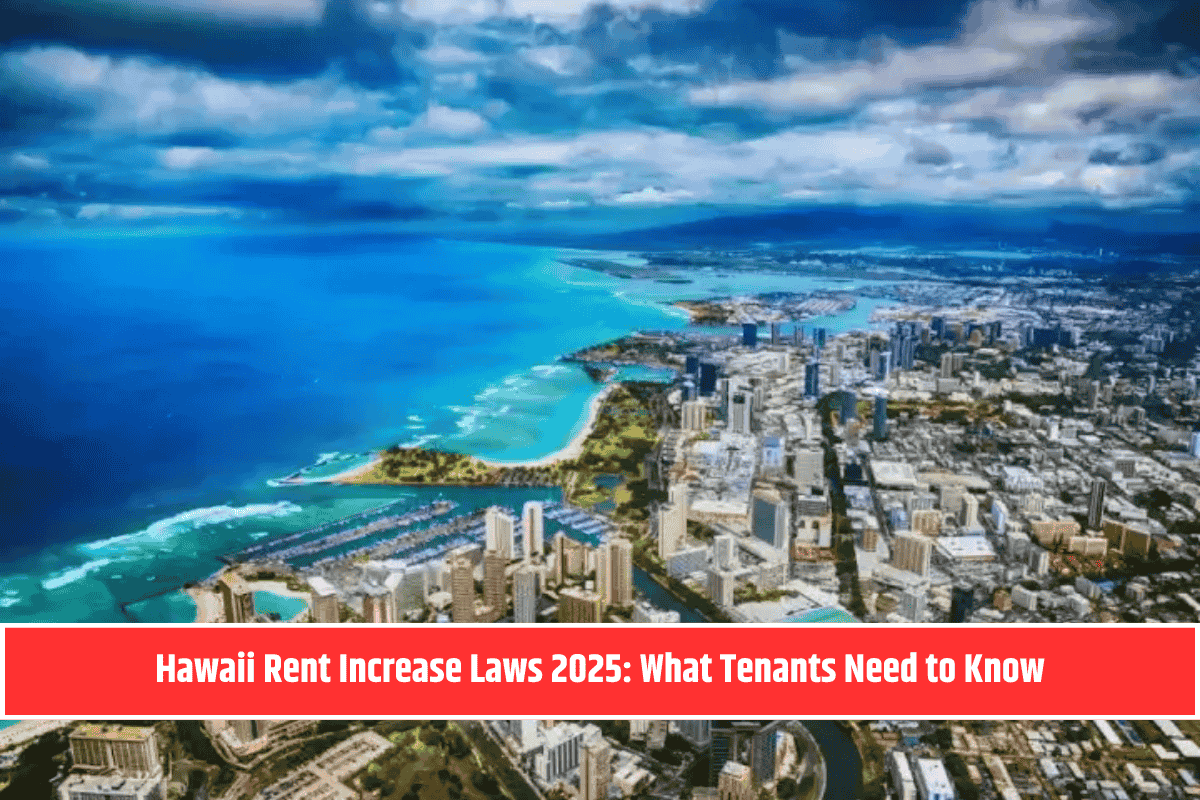Overview of Rent Increase Laws
- Notice Requirements: Landlords must provide tenants with advance written notice before increasing rent. For month-to-month tenancies, a 45-day notice is required, while week-to-week tenancies need a 15-day notice.
- Rent Control: Hawaii does not have statewide rent control laws, meaning landlords can raise rent as they see fit, provided they follow the notice requirements.
- Fixed-Term Leases: Rent cannot be increased during a fixed-term lease unless specified in the lease agreement. Increases can only be proposed as the lease nears renewal.
Tenant Rights and Protections
- Prohibition on Retaliation: Rent increases cannot be used as retaliation against tenants for exercising their rights.
- Fair Housing Act: Tenants are protected against discrimination based on race, color, national origin, religion, sex, familial status, and disability.
- Right to Negotiate: Tenants can negotiate lease terms and seek properties that fit their budget.
Local Variations
- Maui Regulations: While statewide rules apply, Maui may have additional local ordinances affecting rent increases. Tenants should be aware of these to ensure compliance.
What Tenants Can Do
- Review Lease Agreements: Tenants should carefully review their lease agreements to understand terms related to rent increases.
- Seek Legal Advice: If tenants believe a rent increase is unfair or not in compliance with Hawaii laws, they can seek advice from local tenant rights groups or legal assistance.
- https://snappt.com/blog/hawaii-landlord-tenant-laws/
- https://www.steadily.com/blog/how-much-can-a-landlord-raise-rent-in-hawaii
- https://www.steadily.com/blog/rent-increase-laws-regulations-hawaii
- https://www.steadily.com/blog/mid-term-rental-laws-regulations-hawaii
- https://legiscan.com/HI/text/SB1056/id/3066929/Hawaii-2025-SB1056-Introduced.html
















Leave a Reply